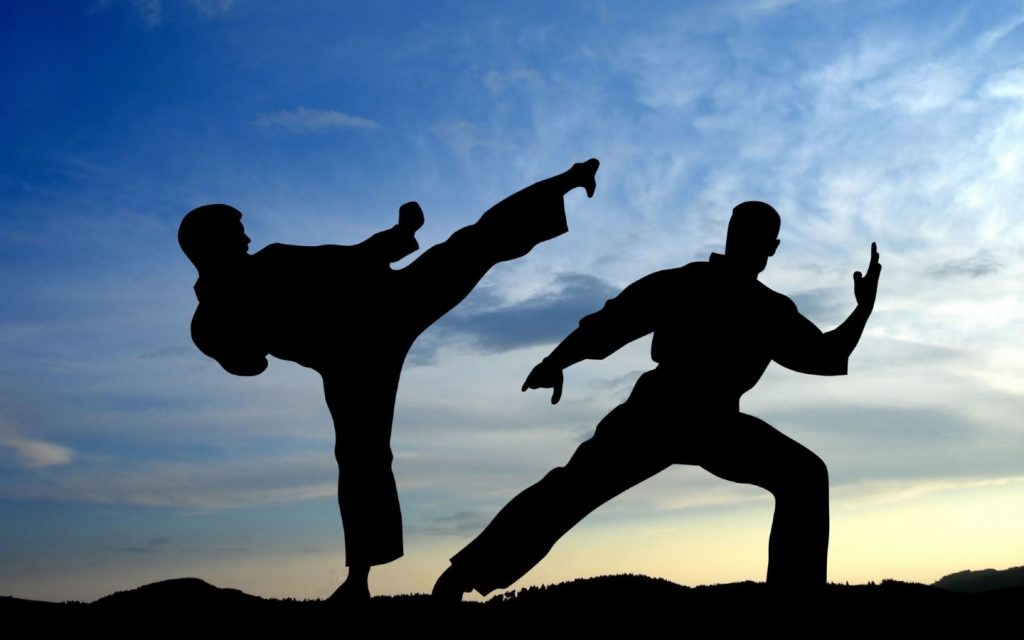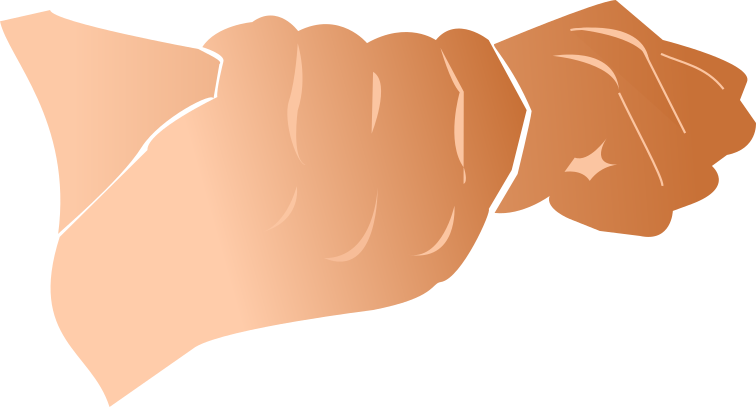JUJITSU

A method developed in Japan of defending oneself without the use of weapons by using the strength and weight of an adversary to disable him.
JUJITSU is a traditional martial art which develops important skills useful in everyday life, developing both mental and physical capabilities. JUJITSU trains the mind and body to maximize physical effectiveness controlled by a clear, focused mind. It is appropriate for all men, women and children regardless of athletic ability.
Benefits of Japanese Jujitsu
Developing Mind with Body
Child development experts now recognize the correlation between movement and cognitive learning – especially complex, functional movement as in jujitsu which emphasizes balance and coordination. Our program challenges the mind and body to gain skills analogous to perfecting a golf swing or techniques of dance. Jujitsu training complements physical conditioning with development of self-confidence, self-esteem, concentration, discipline and cooperation.
Balance and Harmony
Jujitsu seeks to harmonize intention, breath and movement. One learns to achieve maximum power with minimum effort by focusing mental and physical energies in one direction.
Functional Conditioning
Our program improves strength, flexibility, ability and increases stamina. The discipline teaches proper techniques for movement, strengthens back and abdomen muscles, stabilizes the spine and joints, improves posture and helps prevent back pain. A key is to ensure body joints are free and those movements are light and efficient. The result is a body that performs better in most any activity – not just karate.
Good for All Ages
Each student applies the principles of jujitsu to their body. Each student learns to listen to his/her body and adapt jujitsu knowledge in a personal way. Every jujitsu-ka (practitioner of jujitsu) reflects jujitsu according to individual body characteristics.
Longevity and Quality of Life
In addition to regular exercise, self-defense stimulates both the mind and body. Research has also found that certain activities that stimulate the mind, like music and martial arts, also stimulate the growth of new brain cells even at an advanced age. It is a fact that most of the famous karate masters trained into their eighties and nineties – physical and mental vitality.
Self Defense
Jujitsu is based on technique rather than strength or size. Even a small person can learn to create great power; this is done with techniques reflecting a deep understanding of the body. Furthermore, timing and sharp reaction can be acquired with systematic training methods and are more important than innate athletic ability. In karate we do not simply counter the aggressor’s strength; we capitalize on it through strategy and technique.
However, Jujitsu is not about fighting. The highest objective of jujitsu is to avoid physical confrontation. Students are taught to practice humility but with the confidence that comes from knowing they have the tools to defend themselves if necessary.
This naturally leads to a discussion of bullying. It is our intent to embrace both the bullies and their targets with Jujitsu. KP Jujitsu students, in general, have the self-esteem to not bully but rather serve as agents of civility. It is the way of Jujitsu to avoid physical confrontation by leveraging the confidence, body language and discipline of our training. The approach is to defuse the situation, defend oneself against attack and, if required, deliver a single blow to end the situation and exit to avoid further violence.
Our students learn the ancient philosophy of peace that is Jujitsu. They also learn techniques that give them the confidence (and demeanor) to calmly deal with bullying situations. Strong posture, direct eye contact, head held high, calm (stoic) expression, well-balanced body language, and especially a clear, confident and calm voice all provide subliminal clues to the would be bully. If pursued, our students are trained to maintain a barrier (their space) while avoiding and blocking aggression through shifting, footwork and other techniques. The objective is to ensure our students develop and appreciate the skills to protect themselves (and others) so that they have the confidence to defuse most situations with words, body language, demeanor and the tone of their voice.

Ideally, our program seeks to prevent bullying before it occurs. A jujitsu student will over time develop visible confidence. Serious students never reveal (brag) that they are tuff but give physical clues of confidence and strength. They have a much stronger understanding of their bodies, proper posture, efficiency of movement, balance, etc. They have trained with their fellow students practicing kumite (sparring) and are thus familiar with physical confrontation (and therefore understand it). Senior jujitsu students (having experienced middle and high school) report that in many cases they (while in school) allowed a bullying experience to play itself out. They do this knowing full well that they are usually in control of the situation and thus do not suffer a bruised ego by being bullied. They know they could deal with the situation physically but choose to let it fade away. They tend to take the high road per their training and according to ancient traditions of the art.
